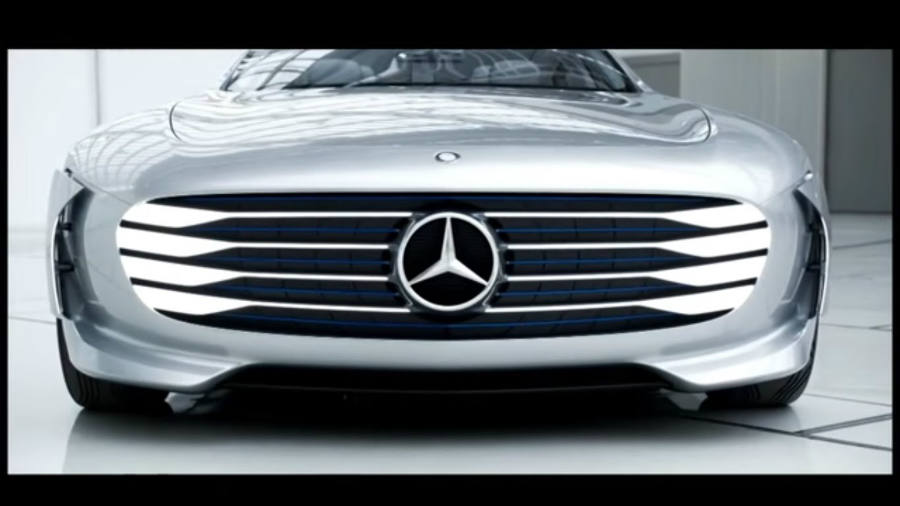The German automotive company Mercedes-Benz is pulling one of its ads for the new 2017 E-Class Sedan out of the air after consumer groups sent letter to the Federal Trade Commission (FTC) on July 27 noting the misleading and dangerous nature of the piece.
The letter was authored by the Consumer Federation of America, the Center for Auto Safety, the Consumer Reports magazine and the former administrator of the National Highway Traffic Safety Administration Joan Claybrook.
Claims posed by the parties mentioned above suggest that the ad in question misrepresents the capabilities of the latest Mercedes model up for sale in America, as it fools consumers into believing that the car can drive itself. Furthermore, the text states that the spot poses a threat both to drivers of the 2017 E-Class sedan and others, as they could endanger roads by assuming that the car is fully autonomous.
The controversial ad by Mercedes features the 2017 E-Class sedan, labeled as a “masterpiece of intelligence”, passing the fully autonomous F015 concept car on the road and then parking itself.
The E-Class sedan is far from fully autonomous, as it comes equipped with a driving assistance system called “Drive Pilot” that can perform some self-driving features. ‘Drive Pilot’ has a cruise control mode that allows the vehicle to follow cars directly in front of it, but constantly reminding the driver to keep his hands on the steering wheel at all times.
The letter directed at Edith Ramirez, Chairwoman of the Federal Trade Commission, put enough pressure on the Stuttgart-based manufacturer to suspend the airing of their ad nationwide in the United States.
Cars with autopilot have to overcome a lot of obstacle before hitting the road
Mercedes are not the only ones who have seen themselves in trouble for their ventures in the latest of transportation technology. The alternative energy mogul Elon Musk and his electric automaker Tesla Motors have also suffered the consequences of trying to pump the gas pedal to take the automotive industry to the future. Already a revolutionary regarding design and energy efficiency, Tesla Motors introduced the Autopilot software for the Model S back in October 2015.
Similar to the system found on the 2017 E-Class sedan, Autopilot enables self-driving features on the Model S that make driving partially autonomous. However, the first fatality of a Model S cruising on Autopilot registered two months ago on May 7, as a driver in Florida collided with an 18-wheeler. Similar accidents, although with no fatalities, have been suffered by the driverless electric car in development by Google.
Moreover, the recently rumored Apple Car project is expected to turn on their engines and start development of an electric (and most likely autonomous) car scheduled to launch at the beginning of the next decade.
The suspension of the troublesome ad by Mercedes follows their recent announcement of the Urban eTruck, a big rig expected to compete with Tesla in the electric semi-truck market as soon as 2020.
With regulation concerns halting testing in China and undergoing legal frameworks in the U.S., driverless cars seem to be pushing the limits of a world not quite ready for the future of transportation.
Source: Consumer Federation of America




